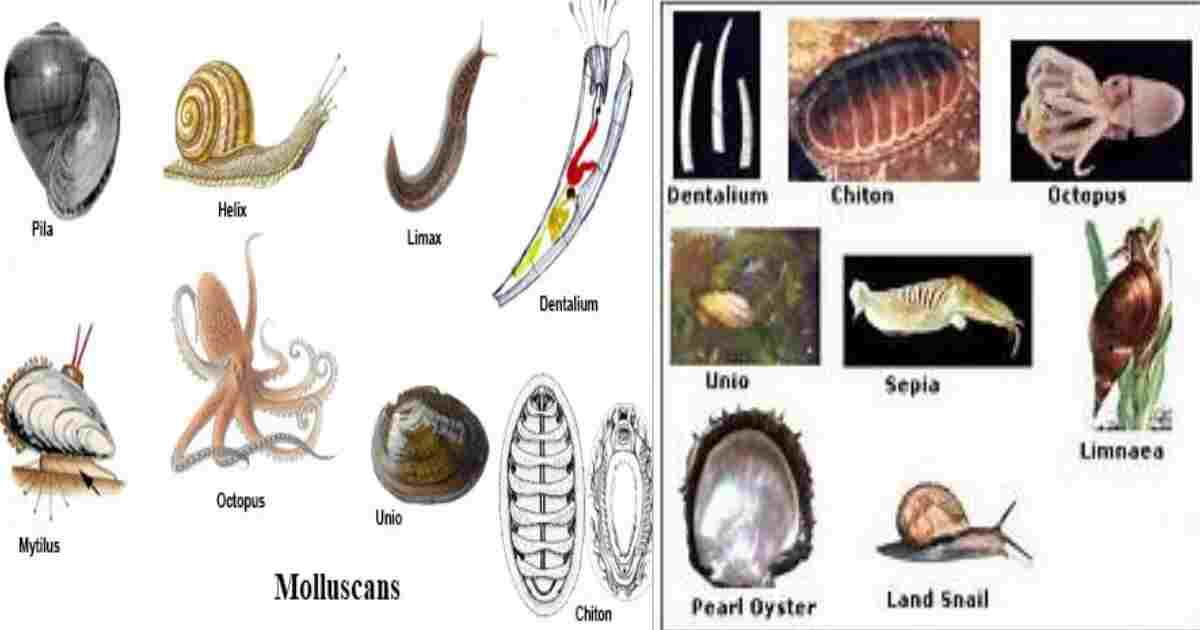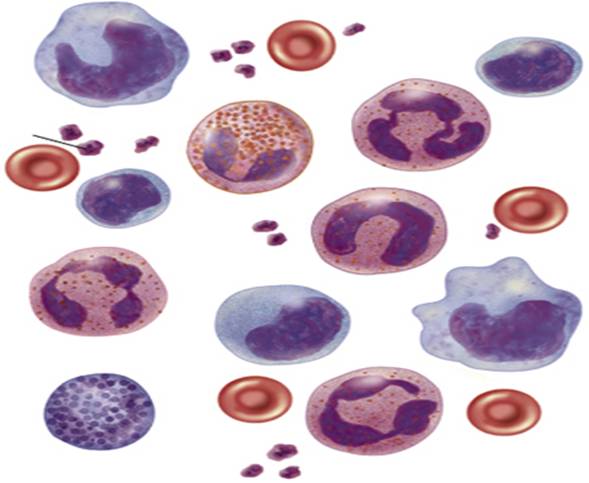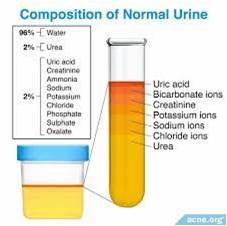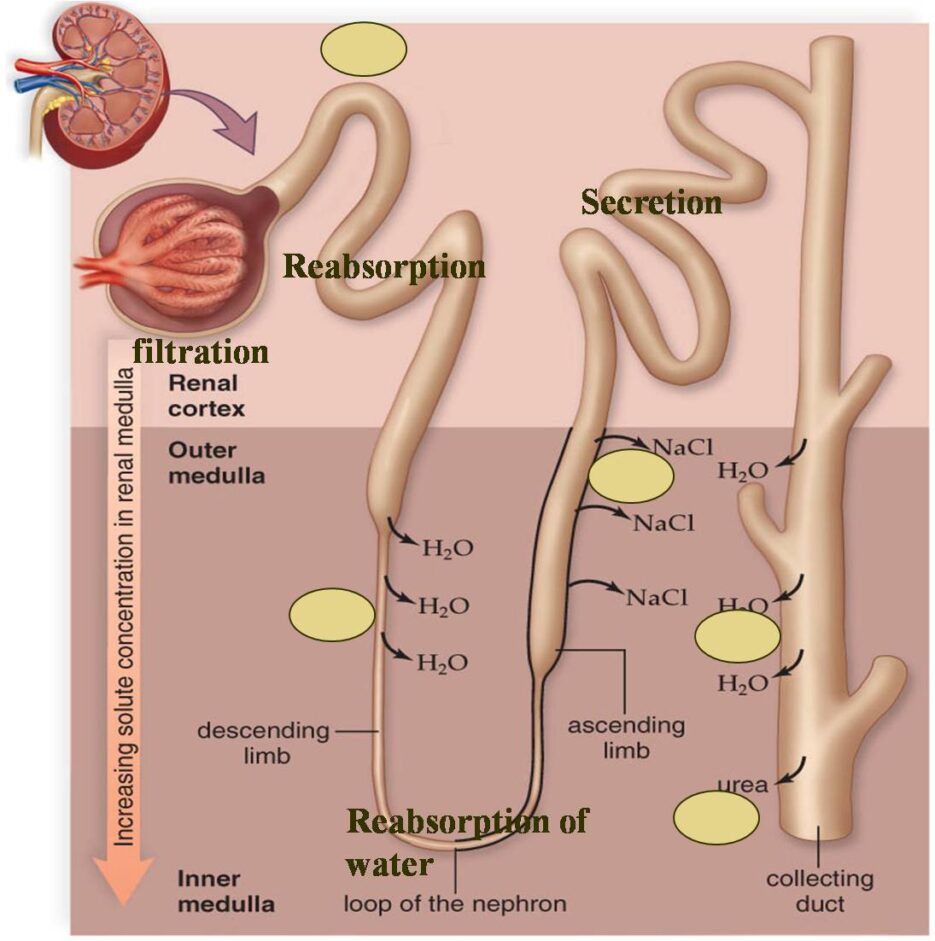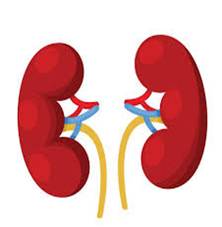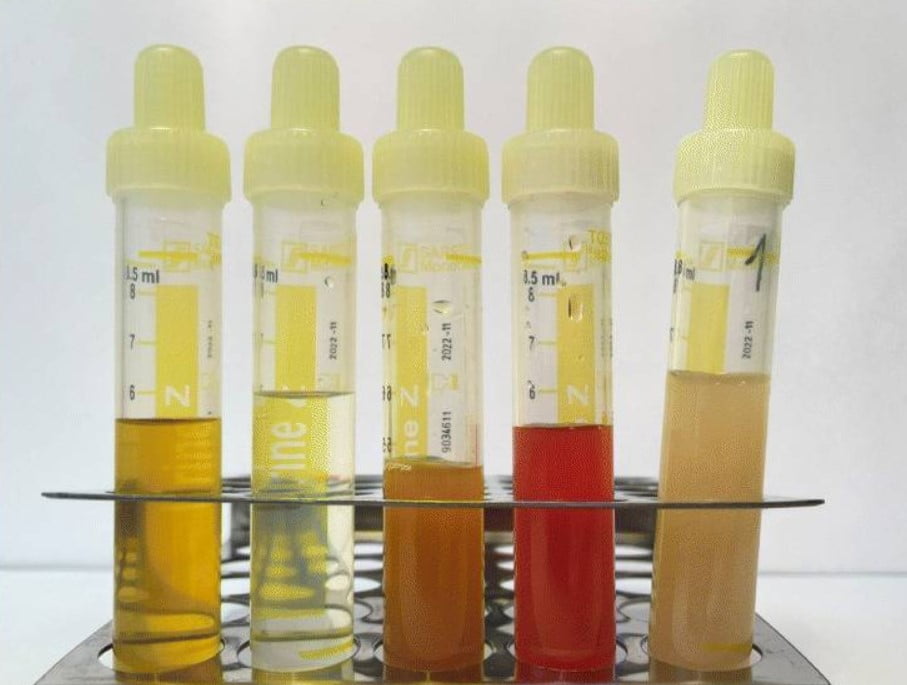Normal and Abnormal Constituents of Urine: Urine is a valuable diagnostic tool used by healthcare professionals to assess various aspects of a person’s health. It contains a mixture of normal and abnormal constituents that can provide critical insights into an individual’s well-being. In this article, we will explore the normal and abnormal constituents of urine, shedding light on what each component signifies and what deviations from the norm might indicate.
Normal and Abnormal Constituents of Urine
1. Normal Constituents of Urine
Water: Water is the primary component of urine, making up about 95% of its composition. It plays a crucial role in maintaining the body’s fluid balance. Dehydration or excessive water intake can influence the concentration of other urine constituents. ‘Normal and Abnormal Constituents of Urine’
Urea: Urea is a waste product resulting from the breakdown of proteins in the body. It accounts for a significant portion of the solutes in urine. The concentration of urea can vary depending on factors like diet and kidney function.
Creatinine: Creatinine is another waste product, primarily produced by muscle metabolism. Like urea, it is excreted by the kidneys. High levels of creatinine may indicate kidney dysfunction.
Electrolytes: Urine contains various electrolytes, including sodium, potassium, and chloride. These electrolytes help regulate bodily functions and are essential for maintaining proper nerve and muscle function. ‘Normal and Abnormal Constituents of Urine’
Urobilinogen: Urobilinogen is a product of bilirubin breakdown in the liver. It gives urine its yellow color and is an essential component for evaluating liver health.
Abnormal Constituents of Urine
Blood in the urine (hematuria): This can be caused by a number of conditions, including kidney stones, urinary tract infections, and cancer.
Protein in the urine (proteinuria): This can be caused by kidney disease, dehydration, and certain medications.
Glucose in the urine (glycosuria): This is a sign of diabetes. ‘Normal and Abnormal Constituents of Urine’
Ketones in the urine (ketonuria): This can be caused by diabetes, starvation, and high-fat diets.
Bilirubin in the urine (bilirubinuria): This can be caused by liver disease, gallbladder disease, and certain medications.
Urobilinogen in the urine (urobilinogenuria): This is a breakdown product of bilirubin and is usually not present in the urine. Increased levels can be a sign of liver disease or hemolytic anemia.
White blood cells in the urine (pyuria): This can be caused by urinary tract infections and other inflammatory conditions. ‘Normal and Abnormal Constituents of Urine’
Casts in the urine: These are structures that form in the kidneys and are usually not present in the urine. Increased levels can be a sign of kidney disease.
Occult blood in the urine: This is blood that is not visible to the naked eye. It can be detected by a special test.
If you notice any abnormal constituents or composition of your urine, it is important to see a doctor. These changes can be a sign of an underlying health condition. ‘Normal and Abnormal Constituents of Urine’
Factors that can affect the composition of urine:
Age: The composition of urine changes as we age. For example, older adults tend to have higher levels of creatinine and uric acid in their urine.
Gender: Men and women tend to have different levels of certain substances in their urine, such as testosterone and estrogen.
Pregnancy: The composition of urine changes during pregnancy. For example, pregnant women tend to have higher levels of protein and glucose in their urine.
Medications: Certain medications can affect the composition of urine. For example, diuretics can increase urine output, while antibiotics can change the levels of certain electrolytes.
Medical conditions: Certain health conditions can affect the composition of urine. For example, diabetes and kidney disease can both cause changes in the levels of glucose and creatinine in the urine.
If you are concerned about the composition of your urine, it is important to see a doctor. They can help you to determine the cause of any abnormalities and recommend appropriate treatment.
Conclusion
Understanding the constituents of urine, both normal and abnormal, is crucial for assessing one’s health. By analyzing urine samples and identifying deviations from the norm, healthcare professionals can diagnose and manage various medical conditions. If you have concerns about your urine constituents or overall health, don’t hesitate to seek medical advice. Your health is a top priority.
FAQs
1. What causes proteinuria?
Proteinuria can be caused by various factors, including kidney disease, diabetes, high blood pressure, and certain medications. It is essential to identify the underlying cause through medical evaluation. ‘Normal and Abnormal Constituents of Urine’
2. Can hematuria be a sign of a serious condition?
Yes, hematuria can indicate underlying health issues, including urinary tract infections, kidney stones, or even bladder cancer. If you notice blood in your urine, it’s crucial to consult a healthcare professional.
3. Is glycosuria always a sign of diabetes?
While glycosuria is often associated with diabetes, it can also be caused by other conditions affecting blood sugar levels. A thorough medical examination is necessary for a proper diagnosis.
4. What should I do if I have pyuria?
Pyuria is typically a sign of infection or inflammation in the urinary tract. Consult a healthcare provider for proper diagnosis and treatment, which may include antibiotics.
5. How can bilirubinuria be managed?
Managing bilirubinuria involves addressing the underlying cause, which may be related to liver or bile duct problems. Medical evaluation is necessary to determine the appropriate treatment.


